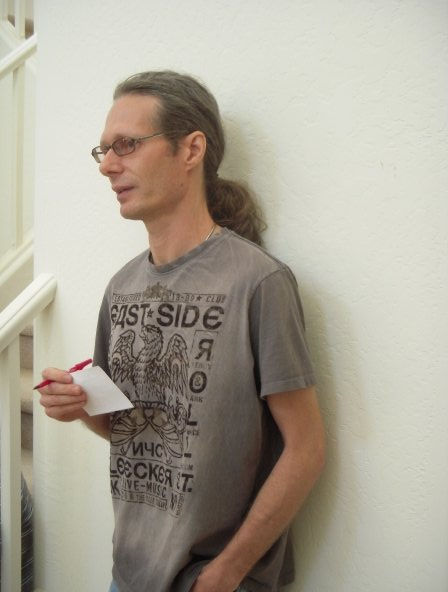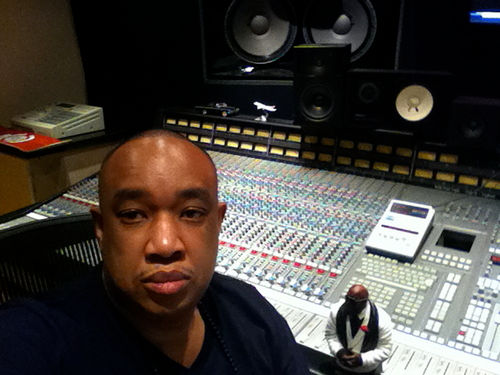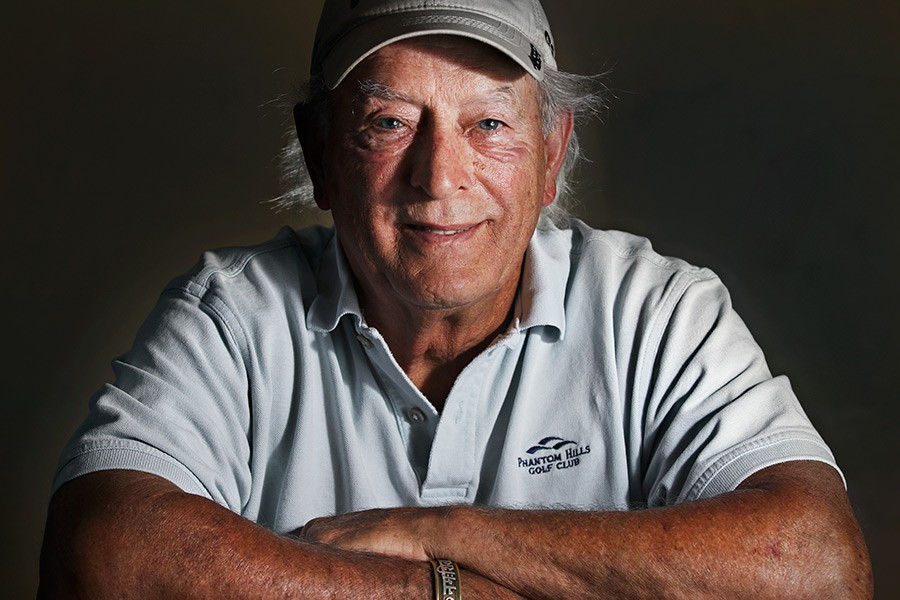Vocalists! & Producers! - Stop Whining And Win Like These Heroes!
- Brad Chapman
- Sep 25, 2016
- 6 min read
Gardner Cole Rick St. Hilaire Quincy Jones



Dave Hampton David Devore Arizona Stone



Introduction:
I've been a musician/singer for 40+ years and I've noticed that people complain a lot about a couple of things. The singer is not very good and the band is great; sometimes it comes down to bad monitors.
Sometimes, it just comes down to the fact that the singer is especially bad. Years ago I had nowhere to go to get any training because all vocal training was classical. Eventually, I trained and got my voice so that it could do whatever I wanted my voice to do (including anything any other man’s voice could do). Then, I became partners with the most famous voice coach in the world; and I started working on some larger projects and meeting some producers.
On these projects, I noticed that producers continued complaining about the lack of feel singers had. Based on this, for years I pondered the fact that I was teaching technique, but, my clients weren’t getting the feel/vibe, which the producers/audiences love.
Through experience, I have learned that technique and feel should be taught at the same time. For this reason, I searched to find information, or someone who could teach/coach feel. Since no one seemed to know how to teach feel at that time, I decided to develop my own way of coaching feel. I was so successful that the artist/producer and I know instantly, if there is feel or not (it’s concrete like black or white).
If the singer has feel, but there's technical problems; you’ve got to eliminate the technical problems. Eliminating the technical problems will allow the singer to be free to feel. This is because the technical problems distract the artist and the audience from experiencing the potential of great feel, the chills and goosebumps etc. of a stellar performance.
If the singer has great technique and there's no feel, then you work on the feel with the singer. Singers need both great technique and great feel to be a superstar. Over time, I've been networking with hundreds of producers and involved in hangouts, where there is constant complaints from producers about the singers.
Problem Identification:
The complaint is about the singers not knowing how to produce magic (feel), and not being prepared for the recording session. Even if they are prepared, most often they have no feel. So, I started thinking: “How can I “fill this black hole with light” in order to resolve what is making so many singers, producers and audiences frustrated?”.
Problem Resolution:
After considerable thought, I determined that I could use the same cause and effect exercises to bring out the feel that I use to bring out excellent technique. Cause and effect exercises work with coaching to maximize the feel of the vocal artist. It causes the artist to sing better. Then, all the singer has to do is to memorize what the cause and effect exercise creates in the function of their voice and emotions. The success of the Vocal Pre-Producer depends on one-on-one sessions to give feedback, so that the vocal artist can identify how to immediately improve the technique and feel.
On average, a vocal artist trained by the cause and effect method can become independent of coaching in a few years. They, also, become independent of vocal therapy while on tour thru the cause and effect exercises, which they have learned how to apply. This breaks a vocal artist’s circle of dependence on needing any future voice therapy or help. Once an artist learns how to use their instrument, they no longer need coaching or assistance i.e. (pianist, guitarist, etc.; which also, includes the vocal instrument).
Vocal Damage And Vocal Therapy Circle:
The circle of vocal damage and vocal therapy is never ending for some artists, who continue to abuse their voice. These artists go back to their vocal coach again, and again, and again; each time they blow out their voice on tour. Because most vocal therapist/teachers are classically trained, non-operatic/non-theatrical singers stop training early for fear of sounding like an opera/theatrical singer. I have in my career stopped the circle for my clients. I have never had a celebrity client lose their voice on tour/in studio or had an emergency call to come help them.
Vocal Pre-Producer:
What is the term for vocal coaching related to maximizing feel for tracking sessions and on stage performance? - Vocal Pre-Producer. I created this term Vocal Pre-Producer for myself. There may be other people also trying to perform this same function. So, this is not an ad for myself. It’s the identification of a niche and an opportunity for anyone interested in filling this niche; anyone interested in developing independent superstars. (For the sake of this discussion, I will use the term Vocal Pre-Producer to cover this niche.)
The Vocal Pre-Producer really covers the gamut of what it takes to get a singer ready for live shows and recordings. The vocal artist doesn’t blow their voice out and has feel for the audience, or the hardest part the recording session; especially getting the feel. A Vocal Pre-Producer has coached them (and demonstrated in their style), so that by the time the artist gets into the studio - both the producer and the artist are happy with the feel they have gained.
Vocal Training:
Since the vocals seem to be the main center piece of almost all recordings and live performances; wouldn’t it be easier, more cost effective, less stressful and happier - to get training. Give the audience what they want to hear, make more money, and enjoy life as an artist. Belted Head Voice is particularly good for emotional expression and touring stamina.
Great Producers:
Another thing to consider as a vocal artist is that many great producers refuse to produce singers who aren't fully ready for recording. If a producer has a lot of difficulty with a vocal artist and needs a lot of editing, they won't take them on as a client. So, preparing for your producer is critical. Jeff Bahsker was quoted in Music Connection magazine (and I’ve heard it elsewhere), that he won't produce anyone who needs any kind of artist development. So, again it’s very important to be totally prepared with your songs, your emotions, your melodies, and your pitch. You may also hire a vocal producer (they don’t do pre-production, they show up at tracking) that can work with the producer to ensure that the producer gets what they want.
Foot note: Straining your voice during a tracking or performance is rarely perceived as feeling.
Stop Having Pain and Surgery:
Singers can now find voice coaches that are less operatic/theatrical. The singer still has to be careful not to adopt an Opera/Theatrical style. Most voice teachers are voice therapists, and what they do is help you restore your voice when you lose your voice due to not singing with Belted Head Voice.
For example: You're on tour or in the studio and you lose your voice. Everyone is panicking because losing your voice can be very expensive. So, they call a vocal therapist (up to $500 an hour) who also sells themselves as a voice coach. What I've noticed with these vocal therapists (and I used to be one when I was a partner of Seth Riggs & Roger Love) is that their celebrity clients technique never gets any better.
Before and after the vocal therapy, the artist’s vocal technique is the same (approximately yelling on pitch or pushing up for the high notes); so, the artist is still having trouble with losing their voice. Despite this fact, the artist is enamored with the vocal therapist since they temporarily gave them their voice back during the therapy session. However, this does not solve the long term problem that caused the voice damage (and the circle continues).
New Thinking for Positive Change:
Let’s get it right the first time!!! A Vocal Pre-Producer also can help the vocal artist with voice therapy. If the reason that the singer can't provide the emotions is because of losing their voice, the Vocal Pre-Producer takes care of that as well. Because of the retraining in natural singing, losing /blowing out the voice never happens.
Let's all stop whining and do something about it; get technical training and learn how to sing “from feel” - “if you have feel, you are a great artist!!!”
Brad Chapman
































Comments